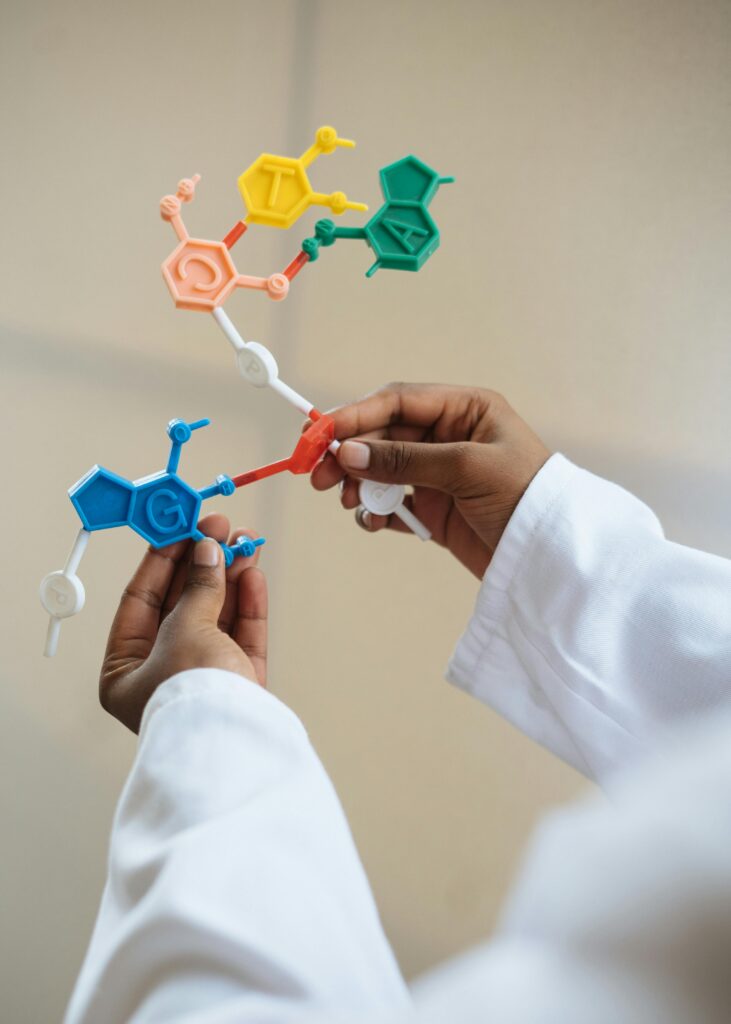Table of Contents

Introduction
Prader-Willi Syndrome (PWS) is a rare genetic disorder that affects many aspects of physical and mental health. Characterized by an insatiable appetite, developmental delays, and intellectual disabilities, this syndrome requires comprehensive management and early intervention. Understanding its causes, symptoms, and treatment options is crucial for caregivers, healthcare professionals, and individuals living with the condition. In this article, we’ll dive into the key aspects of Prader-Willi Syndrome, providing practical insights into managing this complex disorder.
Causes and Risk Factors
Prader-Willi Syndrome is caused by a genetic anomaly on chromosome 15, typically involving the deletion or lack of paternal contribution. Most cases occur sporadically, but a small percentage result from inherited mutations. It is important to note that PWS is not usually linked to lifestyle or environmental factors, making genetic testing essential for diagnosis.
- Genetic Deletion: The majority of cases involve a deletion of a small portion of chromosome 15 from the father’s side.
- Imprinting Error: In rare cases, the issue arises from an imprinting defect where the genetic material from the mother is mistakenly expressed instead of the father’s.

Symptoms of Prader-Willi Syndrome
The symptoms of Prader-Willi Syndrome can vary but generally include physical, mental, and behavioral characteristics:
- Chronic Hunger: Individuals with PWS often experience an uncontrollable urge to eat, leading to potential obesity and related health risks if left unaddressed.
- Developmental Delays: Delayed motor and language skills are common in young children.
- Intellectual Disabilities: Most individuals show mild to moderate intellectual impairments.
- Behavioral Problems: Emotional outbursts, compulsive behaviors, and skin picking may be observed.
- Short Stature: Growth hormone deficiencies may also cause stunted growth.
Early recognition of these symptoms is critical for implementing interventions that can mitigate some of the challenges associated with PWS.

Diagnosis and Treatment
Diagnosis of Prader-Willi Syndrome typically involves genetic testing to identify the chromosomal abnormality. Early diagnosis is key to initiating a treatment plan, which usually includes:
- Growth Hormone Therapy: This can help improve physical growth and muscle strength, which is often compromised in children with PWS.
- Balanced Diet & Exercise: Managing the constant hunger and maintaining a healthy weight is essential. Specialized diets and regular physical activity can prevent obesity and related health issues.
- Behavioral Therapy: Addressing the behavioral challenges through psychological support can greatly improve the quality of life for both individuals and their caregivers.
- Speech and Occupational Therapy: These therapies can assist in overcoming developmental delays and improving daily functioning.

Prevention and Management
While Prader-Willi Syndrome cannot be prevented due to its genetic nature, there are proactive steps caregivers and healthcare professionals can take to manage the condition effectively:
- Early Intervention Programs: These programs help improve communication, motor skills, and social development.
- Support Networks: Families and caregivers should seek support from professional counseling services and join support groups.
- Medication: In some cases, medications may be prescribed to manage certain behaviors and improve mood regulation.
Conclusion
Prader-Willi Syndrome is a complex condition that requires a comprehensive management plan to address both physical and behavioral aspects. Early diagnosis, combined with appropriate medical care, behavioral therapy, and lifestyle modifications, can significantly improve the quality of life for individuals with PWS. If you suspect someone in your care may be showing symptoms of Prader-Willi Syndrome, seek professional advice early to ensure the best possible outcome. If you need more information or help with your health journey, feel free to contact us at Health Authentica.










